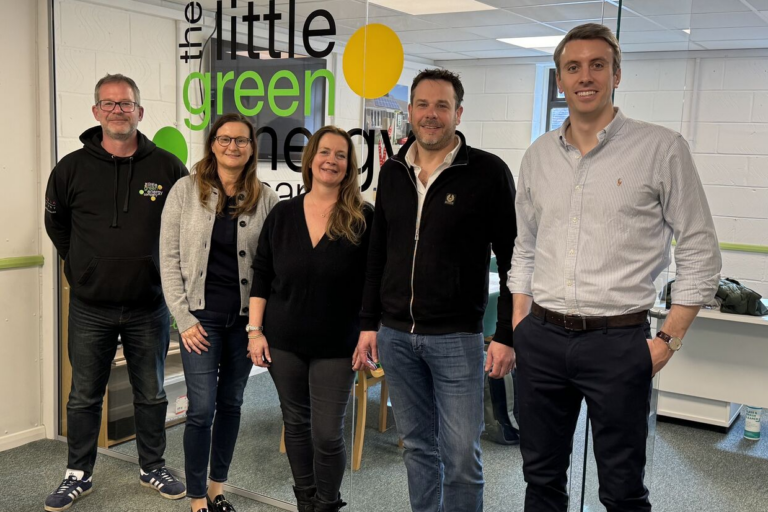South: Recession is 'over', says E&Y Item Club

The UK economy is back from the brink as confidence in the equity markets rebounds and the recession draws to an end, but despite growing optimism it is still premature to call the beginnings of a recovery, according to the Ernst & Young ITEM Club Autumn forecast, released today.
ITEM says that while the UK economy is likely to show weak growth in the second half of this year, as consumers bring their spending forward to avoid the VAT increase on January 1 and companies continue to restock – particularly in the car industry on the back of the scrappage scheme – the effects of these policies will only be temporary, with GDP struggling to hit 1% next year.
Tinkering at the edges?
Professor Peter Spencer, chief economist to the Ernst & Young ITEM Club, explained: “We have come a long way since this time last year. Let’s not forget how bad things were. World equity markets are now at their highest for a year, facilitating new issues and sparking a revival of M&A activity, while businesses and consumers are feeling more up-beat, and even the UK housing market is apparently turning up.
“But with consumers repaying debt and fiscal policy inevitably tightening in the UK after the election, it is difficult to see any serious potential for a sustained recovery in domestic demand. There could still be substantial pain to come for corporates and consumers. For a sustainable recovery the UK economy needs world trade to pick up and there is still not much sign of that happening.”
Effect of quantitative easing disappointing
While the Bank of England’s quantitative easing (QE) programme has prevented the economy from going into freefall, doubts have been raised over the efficacy of the programme, with scant evidence that the new money is finding its way through into the money supply or lending. Instead the banks appear to have used much of the money to rebuild reserves and improve liquidity and many commentators believe that QE will be extended next month.
Spencer remarked: “The revival in capital markets has been helped by the cash infusions from QE, but apart from that the results have been disappointing. The QE cash and low interest payments are being seen as an opportunity to pay down debt rather than spend, hindering economic recovery.”
Spencer said that we were in a “Catch 22 situation” as the banks remained wary of lending until there was a dependable upward momentum in the property markets and the economy – which was unlikely to happen until the banks start lending again. “We cannot be confident of a sustained recovery until there is a recovery in bank credit markets.”
UK consumer no longer able to underpin growth
Consumers remain firmly in retrenchment mode. Despite real household disposable income growing by 0.9% in the second quarter, rising unemployment concerns have led to a cautionary approach and subsequently consumer spending has recently fallen for a fifth consecutive quarter. The low interest rates that have been enjoyed by some existing household borrowers have allowed many to repay debt. ITEM forecast that low interest rates will remain for the mid-term future.
Spencer commented: “The repayment of debt should be seen as positive for the long term, but is holding back domestic demand, leaving the UK reliant on overseas demand.”
Global investment required
The pound remains weak, providing a significant boost to UK competitiveness. “UK plc is in poll position to take advantage of the weak sterling, but for the devaluation to be effective a sustained pick up in world demand is required,” says Spencer.
Bumpy road ahead
Spencer concluded: “The outlook for the next 12 months is certainly looking more positive than the last year but it is going to be a bumpy ride, particularly once the government starts to cut back. Policy will begin to tighten in early-2010 with the restoration of VAT to 17.5%; an end to the stamp duty holiday on housing; an increase in NICs; the introduction of the new 50p tax and a programme of spending restraint.
“But these measures only provide a fraction of the extra income needed to close the government deficit and the Chancellor’s plans are reliant on optimistic growth projections being fulfilled. Whoever forms the next government faces a once in a generation challenge.”












